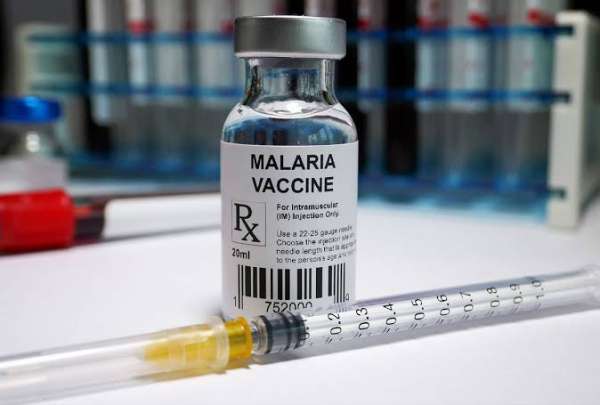The UN Children’s Fund (UNICEF) says Nigeria needs to spend the next two to three years building its immunisation infrastructure to enable the country to access and administer the WHO announced malaria vaccine, IgbereTV reports.

Peter Hawkins, the UNICEF Nigeria Representative, said this in an interview on Friday in Abuja.
Hawkins was reacting to the World Health Organisation’s (WHO) recommendation for widespread administration of the RTS, S/AS01 (RTS, S) malaria vaccine to children in Sub-Saharan Africa and regions burdened by the P. falciparum malaria parasite.
IgbereTV reports that WHO’s recommendation came after a pilot test of the vaccine on about 800,000 children in Ghana, Kenya and Malawi since 2019.
Hawkins said that although it would take some time before the vaccines were rolled out publicly, Federal Government needed to build the infrastructure to accommodate the vaccine.
He added that “WHO’s recommendation is very good news but it will take some time before the vaccines are available publicly. The immunisation structure in Nigeria is still evolving and it is a very robust structure.
“There is routine immunisation for children under five years, there are vaccines for polio, measles, pneumococcal disease, and the COVID-19 vaccines; the next one will be a vaccine for malaria.
“In the next two to three years, we need to build the infrastructure further so that it can accommodate the malaria vaccine, flu vaccine, and other vaccines that are coming.
“The key issue will be the cost, the call chain, the distribution system. The cost of the vaccine will be the fundamental decider for a country with high malaria burden as Nigeria to push this forward.”
Hawkins said that for countries like Nigeria, the vaccine would greatly help to reduce the burden of the disease as over 2,300 children under five years die every day from various diseases, including malaria.
He expressed optimism that the government would decide to adopt the vaccine as part of the national malaria control strategy, noting that “each country will decide on whether they want to adopt the vaccine or not







